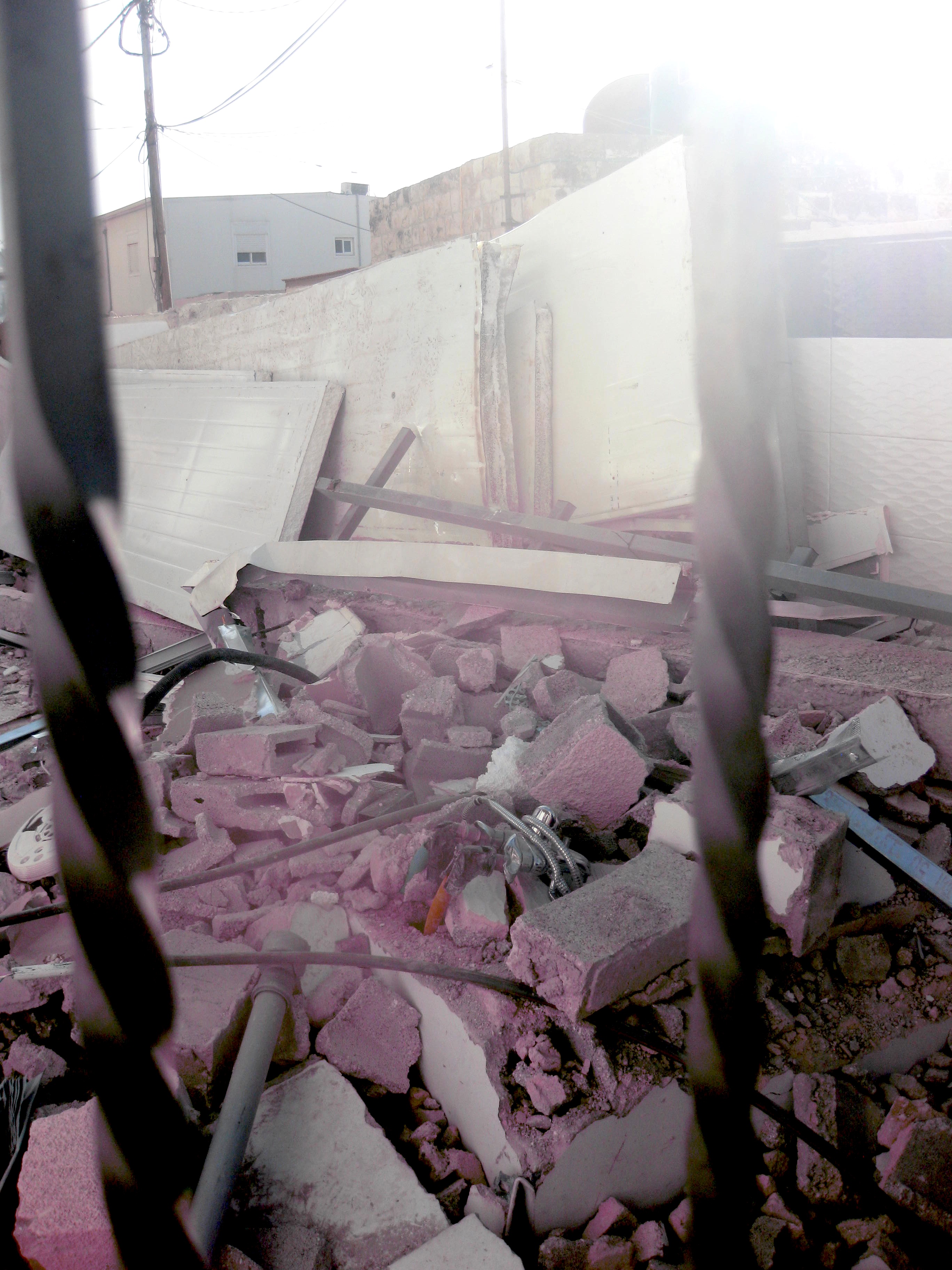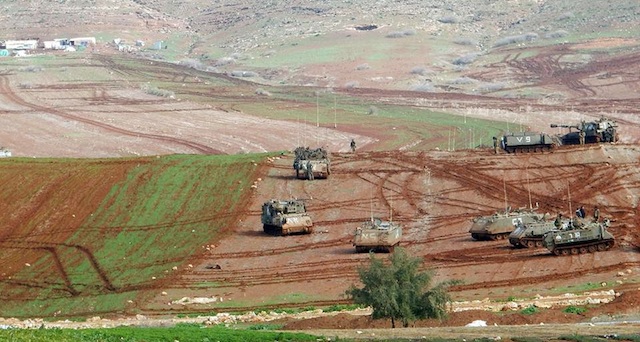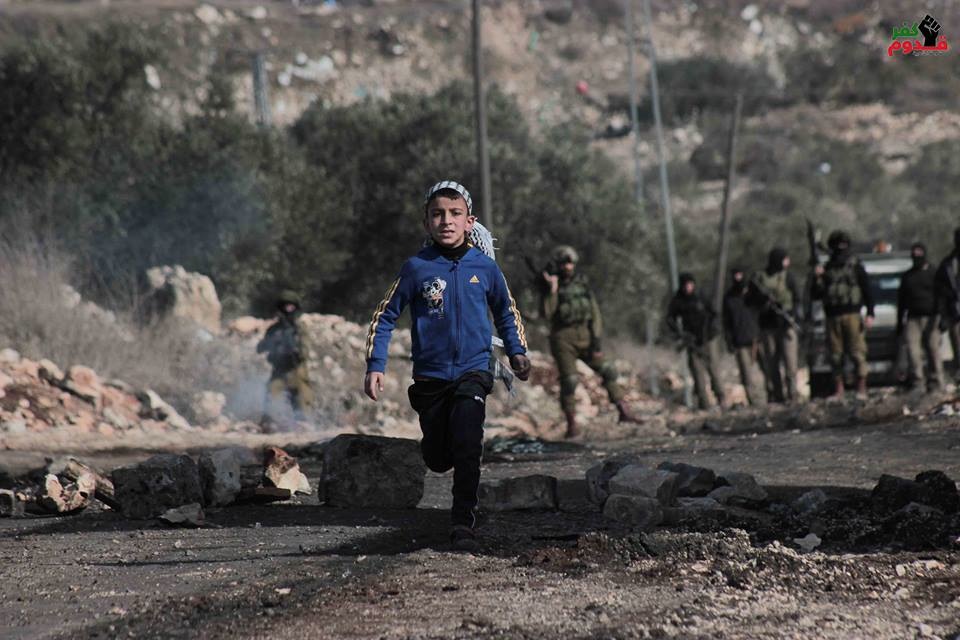Category: Features
-
Silwan Occupied
25th December 2016 | International Solidarity Movement |Huwarra team | occupied Palestine Yusef Sheukhy is one out of many Palestinians in Silwan who has already suffered much from the Israeli presence in occupied East Jerusalem. Five of his children have spent time in Israeli jails; the most recent released on 27 May this year. And on…
-
Israeli Military Exercise on Palestinian farmers fields
19th December 2016 | International Solidarity Movement & Jordan Valley Solidarity| occupied Palestine At around 12:30pm December 19th, 2016, the Israeli Occupation Forces blocked the road leading to Tubas and the north of the Jordan Valley for around two hours. Dozens of Palestinians farmers and civilians had to wait for an Israeli military exercise to…
-
7 year old boy targeted in Kafr Qaddum
23th December 2016 | Popular Resistance Committee of Kafr Qaddum | occupied Palestine Today, Friday December 23rd, 2016, the village started its march as usual toward the blocked road. Suddenly 12 soldiers from a special unit of the Israeli occupation force surprised them in an ambush, and attacked and arrested a 7 year old Palestinian child.…



